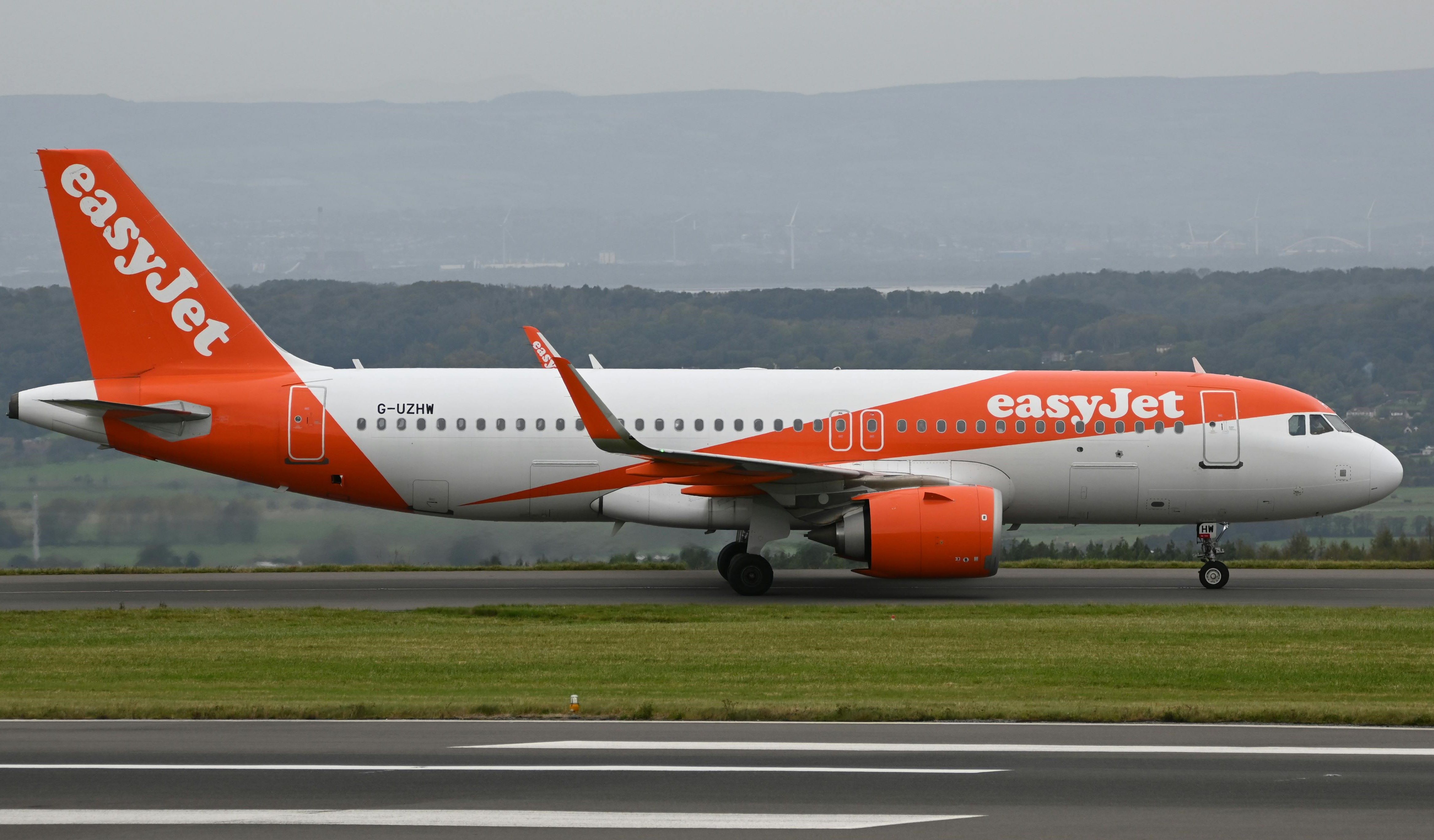Oracle Share Price Analysis: Bearish Phase, Valuation Signals and Bullish Reversal Outlook
$154.97
04 Feb 2026, 11:45

Pexels.com

Airlines Penalised for "Abusive Practices"
The Spanish government has fined five airlines, including easyJet, Ryanair, and Vueling, a total of €179 million (£149 million) for what it describes as "abusive practices" targeting passengers. These practices include charging extra fees for:
This decision by Spain’s consumer rights ministry aims to protect passengers from what it sees as unfair pricing strategies.
EasyJet Hits Back
EasyJet, which received a fine of €29 million (£24.2 million), has strongly opposed the ruling. CEO Johan Lundgren described the penalty as "illegal" under European consumer law and vowed to appeal the decision.
Other Airlines Affected
While easyJet is one of the airlines hit with fines, Ryanair, Norwegian, Volotea, and Vueling have also been penalised. Ryanair, known for its low-cost model, has long faced scrutiny for its additional fees, including charges for priority boarding to ensure passengers can bring larger hand luggage on board.
The Spanish Government’s Stance
Spain’s consumer rights ministry has defended the fines, emphasising its commitment to ensuring fair treatment of passengers. The ministry has stated that these fees:
What Does This Mean for Passengers?
This ruling could pave the way for broader regulatory action across Europe. Passengers may see:
However, the airlines argue that optional fees allow them to offer lower base fares, providing flexibility for customers to choose additional services only if they wish.
Broader Implications for Low-Cost Airlines
The fines highlight ongoing tensions between budget carriers and regulators over pricing practices. Low-cost airlines like easyJet and Ryanair argue that their unbundled pricing model – where extras such as seat selection and luggage are charged separately – is essential for keeping fares affordable.
But regulators increasingly view these practices as misleading, arguing that they lead to unexpectedly high final prices for consumers.
What Happens Next?
EasyJet, along with the other fined airlines, plans to appeal the ruling. The outcome of this case could have significant implications for the aviation industry:
Source: (SKY.com)